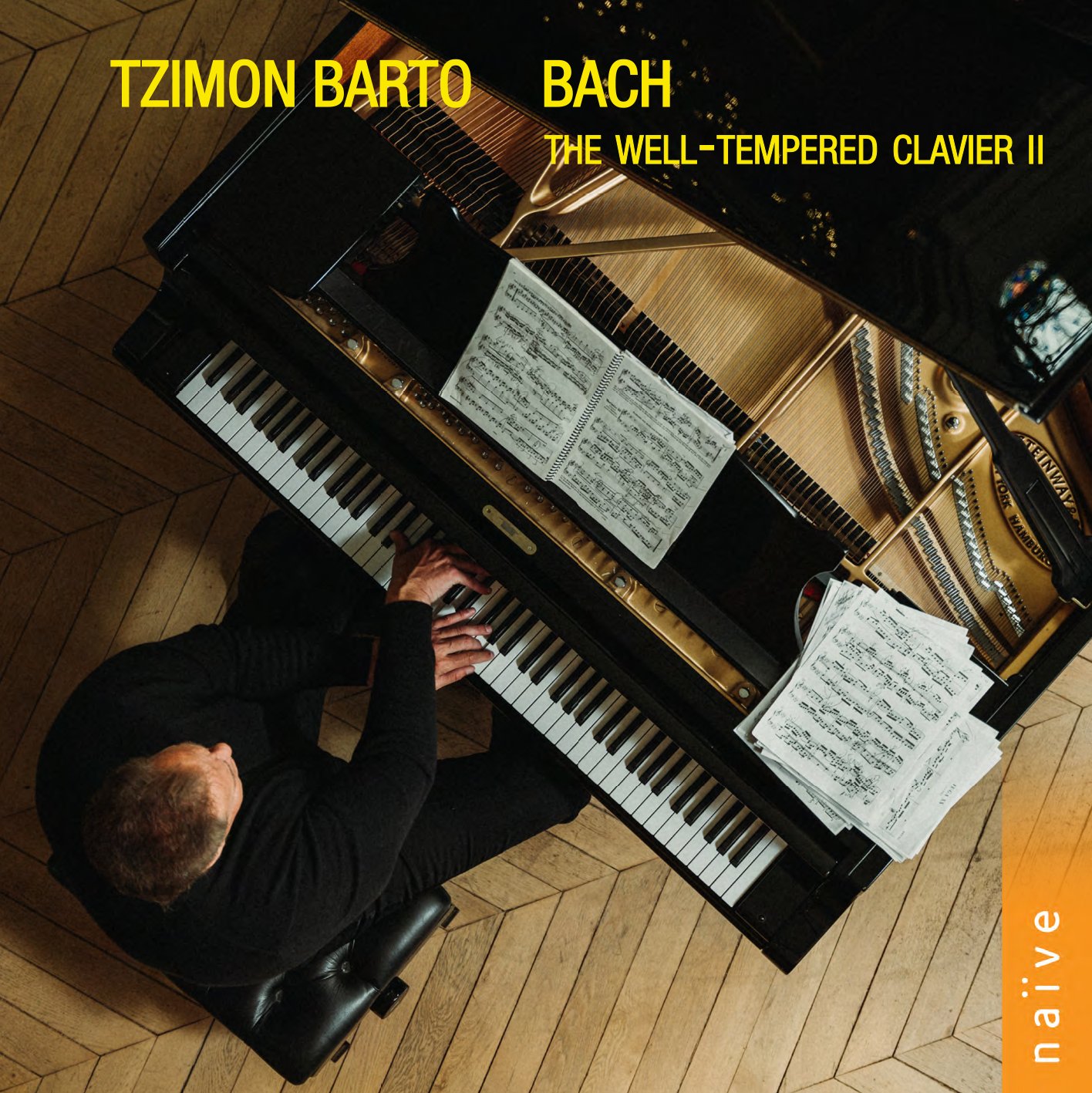TZIMON BARTO
Tzimon Barto fait partie de ces rares pianistes difficiles à classer, tant ses talents sont variés. Californien d'origine, il a étudié à la Juilliard School de New York et a remporté à deux reprises le prix Gina Bachauer. Il a depuis longtemps adopté la culture européenne, dans laquelle il puise son inspiration tant pour le piano que pour ses poèmes et ses romans. Celui qui dit "exprimer par le piano son adoration pour la musique" a développé une brillante carrière avec son instrument depuis le milieu des années 1980, en concert et sur CD, et est une voix unique parmi ses pairs.
Son enregistrement du Clavier Bien Tempéré de J.S. Bach, publié par naïve en digital, en prélude à la publication de l'ensemble du recueil, commémore 250ème anniversaire de sa création en 1722. La vision apaisante et très personnelle que nous donne ici Tzimon Barto l'emporte sur toute tentative de démonstration virtuose ou d'exercice savant : son attention particulière aux nuances, aux tempi et à l'usage de la pédale donne un sens profond et un relief intense à chaque pièce, déjà sublimée par l'écriture et l'inventivité de Bach.
*
Tzimon Barto is one of those rare pianists that are hard to classify, so varied are his talents. Californian by birth, he studied at New York’s Juilliard School and has twice won the Gina Bachauer prize. He long ago adopted the European culture, from which he draws his inspiration both for the piano and for his poems and novels. He who says he “expresses through piano his adoration of music” has developed a brilliant career with his instrument since the mid 1980s, in concert and on CD, and is a unique voice among his peers.
His recording of of Bach’s Well-Tempered Clavier, published by naïve in digital format as a prelude to the publication of the whole collection, commemorates the two hundred and fiftieth anniversary of its creation in 1722. The soothing, very personal vision that Tzimon Barto gives us here overrides any attempt at a virtuoso demonstration or scholarly exercise: his particular focus on the nuances, tempi and use of the pedal gives profound meaning and intense relief to each piece, already sublimated by Bach’s writing and inventiveness.



